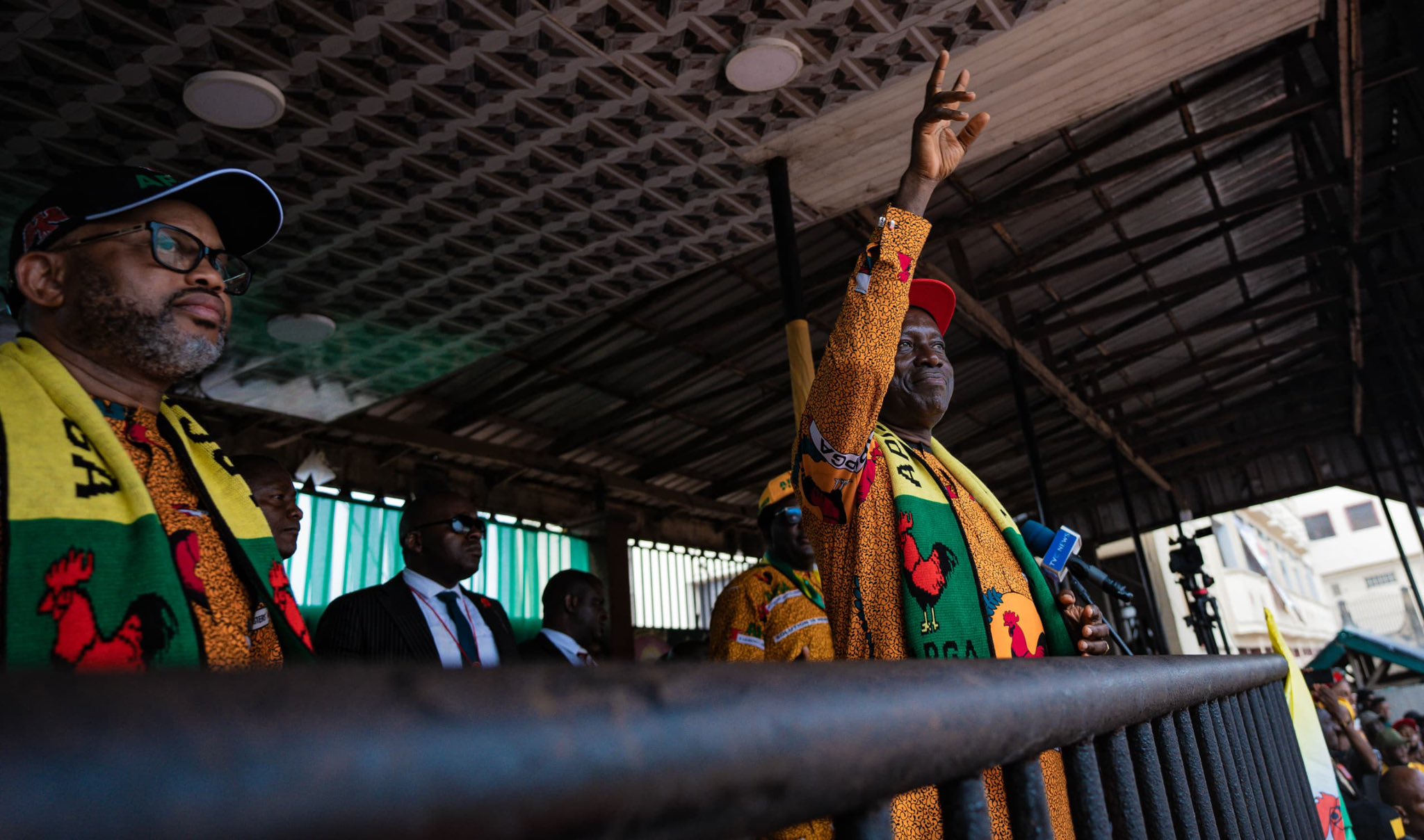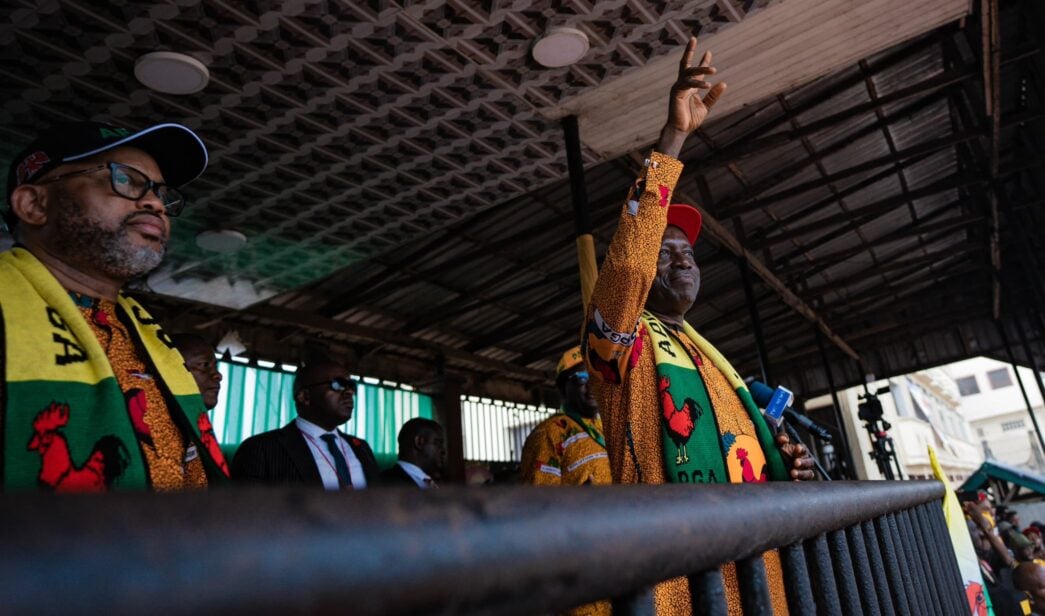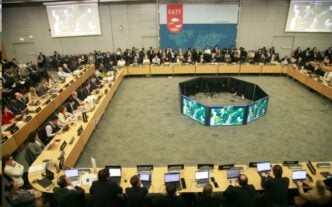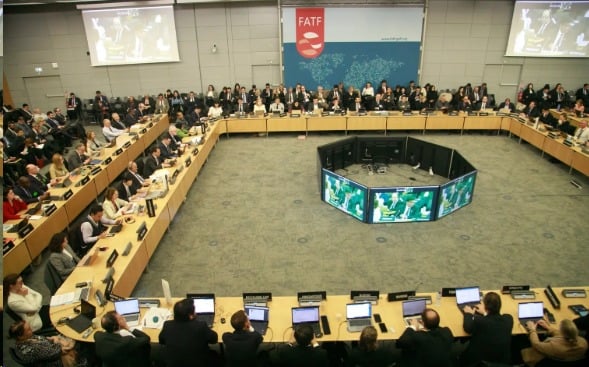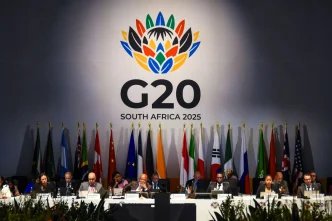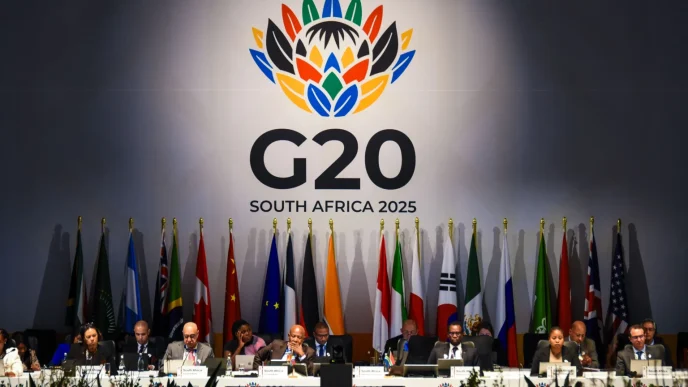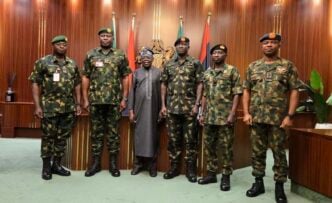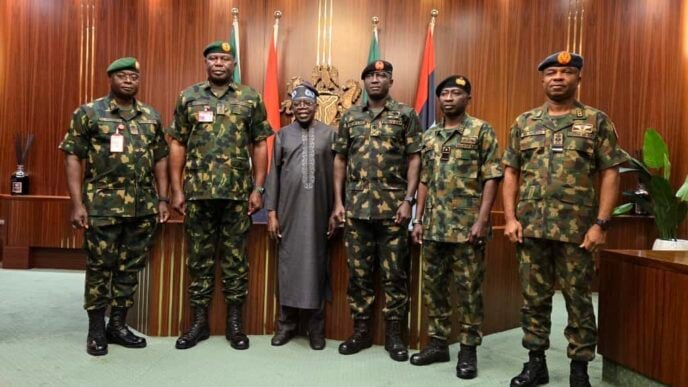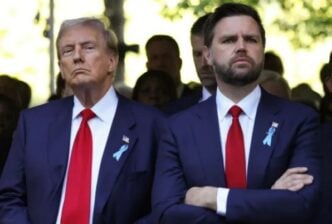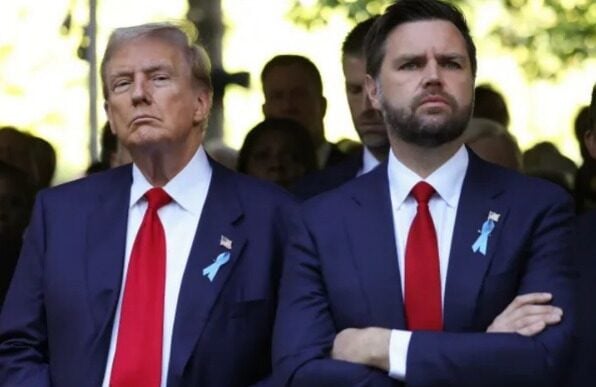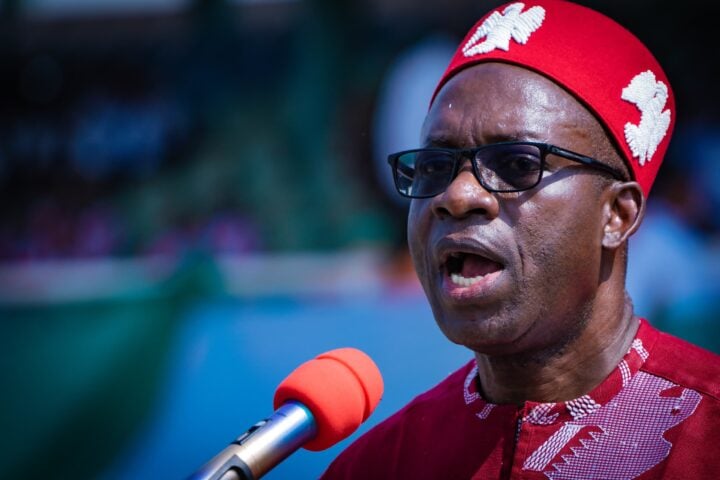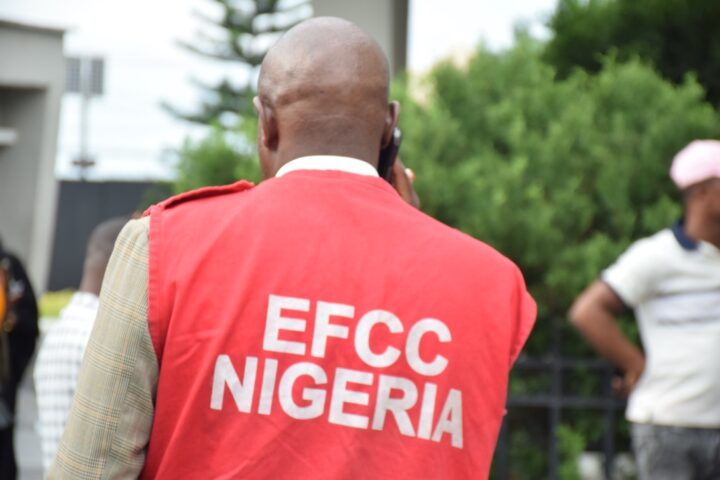The Anambra State gubernatorial election is less than two weeks away, and attention is now focused on the Independent National Electoral Commission (INEC), as Nigerians yearn for a free, fair, and credible process. The spotlight is on the electoral umpire, but few seem to focus on the antics of politicians—antics that undermine the process more than anything else.
In my column last week, titled “Amupitan and the Burden of Electoral Redemption: One Man, One Mandate, Many Stakeholders,” I made a point that bears repeating:
“Due to a mix of ignorance and mischief, some Nigerians insist that the responsibility for conducting free, fair, and peaceful elections rests solely on INEC fulfilling its duties as defined by the law. They conveniently ignore, whether innocently or deliberately, that it is not INEC that disagrees with election results and files petitions before election tribunals. It is not INEC that sponsors political thuggery, engages in vote-buying, snatches ballot boxes, hacks the commission’s servers, or perpetrates other infractions that undermine the process.”
Barely two days after that article was published here on TheCable, Governor Charles Soludo provided a practical illustration of my argument—that politicians themselves remain the greatest obstacles to credible elections in Nigeria.
Advertisement
He publicly pledged ₦10 million worth of development projects to whichever local government delivers the highest number of votes in the November 8 governorship election in Anambra State.
Six of One, Half a Dozen of the Other
In public morality, we often say “six of one, half a dozen of the other” when two things are essentially the same. Governor Soludo’s promise that the local government area with the highest votes will receive ₦10 million in development funds fits that idiom perfectly—different packaging, same product: vote-trading.
Advertisement
At a time when Nigerians are clamouring for credible elections, such a statement is not just politically tone-deaf—it is democratically dangerous. Especially now, when the Anambra gubernatorial election is considered a litmus test for the new INEC chairman and an opportunity for the state to demonstrate democratic maturity.
Little wonder the African Democratic Congress (ADC) has called on the new INEC Chairman, Professor Joash Amupitan, to make a categorical statement on the “votes-for-projects” proposal by the former Central Bank Governor. It is within their right to demand INEC’s position on such a proposition, especially this close to the polls.
If INEC fails to respond appropriately, other parties with financial “sponsors” may follow the perilous precedent Governor Soludo has set—and that would be a recipe for disaster.
A Promise Wrapped as Development, Unwrapped as Inducement
Advertisement
Governor Soludo may argue that his proposal is a harmless incentive to promote civic responsibility and participation. But let’s be brutally honest—dangling ₦10 million before voters on the condition of delivering votes is a rebranded form of vote trading.
Traditionally, vote-buying happens at the micro level—direct cash handouts to individuals. What Soludo proposes is macro vote-buying—a wholesale model where the “reward” goes to a community instead of individual voters.
Functionally and morally, the difference is microscopic. It pressures traditional rulers, youth groups, market women, and local influencers to chase numbers—not conscience, not conviction. It sends a subtle but damning message: “Don’t just vote; vote in a way that earns your community money.”
A Dangerous Precedent: From Policy to Political Gambling
Advertisement
Nigeria’s electoral challenges—apathy, thuggery, and ballot manipulation—do not need new flavours of inducement. What they require is leadership that reassures, not leadership that wagers public funds against the sanctity of the ballot.
Soludo’s offer undermines three key democratic pillars:
Advertisement
1. Free Will of the Voter: Votes must be cast from conviction, not financial expectation. Under Soludo’s proposed “advanced vote-buying,” that principle is lost.
2. Equality of Citizens: Government projects are a right, not a reward for electoral performance. Development should be distributed equitably, regardless of how people vote.
Advertisement
3. Neutrality of the State: The state must not become a contestant using public funds to influence outcomes. The ₦10 million Soludo promises is not his personal wealth—it belongs to the people of Anambra, held in trust by the government he leads.
This is not leadership. It is political gambling—placing development on the ballot as a prize.
Advertisement
The Litmus Test for INEC’s New Chairman
The November 8, 2025, gubernatorial election in Anambra represents more than a routine political exercise. President Bola Tinubu has described it as a litmus test for Professor Joash Amupitan, the newly inaugurated INEC chairman. It is the first major assessment of Nigeria’s revamped electoral leadership and its capacity to deliver credible polls.
Amupitan has pledged to “deliver free, fair, and credible elections that truly reflect the will of the Nigerian people.” Against this backdrop of promised integrity, Soludo’s “advanced vote-buying” initiative emerges as a potentially destabilizing variable.
One sign of electoral anarchy is already visible, as the ADC has openly questioned INEC’s stance on Soludo’s proposition. The electoral umpire must summon the courage to do what is right. Otherwise, other parties may follow suit—and that, unmistakably, would spell chaos.
Will INEC denounce the governor’s offer, or will it allow development to be auctioned for votes in future elections?
Silence, in this case, would mean complicity.
Six and Half a Dozen: Why This Matters
Whether ₦5,000 is handed to a voter at a polling unit or ₦10 million is promised to a local government for “highest participation,” both actions seek the same outcome—monetizing the people’s will.
One is retail. The other is wholesale.
Both corrupt the process.
Both insult the electorate’s intelligence.
Both erode public trust.
What True Leadership Would Say Instead
A responsible governor would say:
> “Government projects will be evenly distributed based on the needs of communities, not based on election results. Go and vote your conscience. Government remains for all, not for the highest bidders in the ballot market.”
That is leadership. Anything less is inducement.
Final Word
Anambra—and indeed Nigeria—cannot afford to replace one form of vote-buying with another, whether micro or macro. This election must not become a marketplace where development is auctioned to the highest-polling community.
Nigeria is watching. Our electoral process is on trial. And when that process is on trial, it is not INEC alone that stands in the dock—it is the entire political class.
Governor Soludo’s statement was improper, insensitive, and dangerously close to the same vote-buying culture we claim to detest.
Six, half a dozen—the difference is only semantic, not moral.
Abubakar writes from Ilorin, Kwara State. He can be reached via 08051388285 or [email protected].
Views expressed by contributors are strictly personal and not of TheCable.

